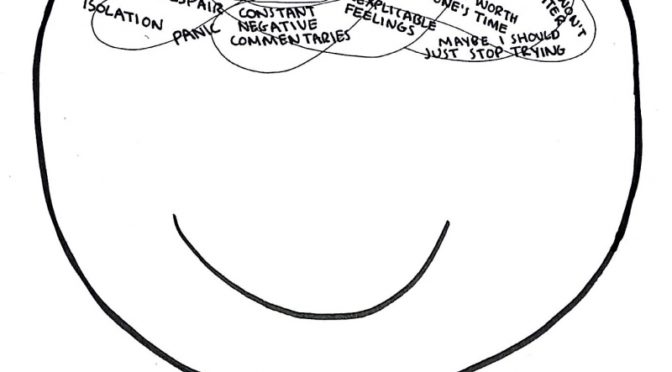The Back-to-School Blues: How Parents Can Cope With Separation from Their Children
Posted by Collaborative Counseling

The first day of school is a joyous occasion for many children, but it can be a bittersweet time for parents. After all, it means saying goodbye to their little ones for several hours each day. For some parents, the separation can be difficult to cope with. They may feel sad, lonely, or even anxious.
If you’re a parent who is struggling with separation anxiety, there are a few things you can do to cope. First, it’s important to remember that these feelings are normal. Everyone feels a little bit sad when their child goes back to school. The important thing is to not let these feelings overwhelm you.
Here are a few tips for coping with separation anxiety:
- Acknowledge your feelings. It’s okay to feel sad or anxious about your child’s return to school. These are normal emotions. Don’t try to bottle them up or pretend that you’re not feeling anything.
- Talk to your child about your feelings. Let your child know that you’re going to miss them, but that you’re also excited for them to start school. Talk about what they’re looking forward to about the new school year.
- Make a special goodbye routine. This could involve giving them a hug, reading them a story, or making them breakfast.
- Make a plan for staying connected. Set up a regular time each day or week to talk to your child on the phone or video chat. You can also send them texts, emails or letters.
- Reach out to other parents who are also feeling separation anxiety. Talking to someone who understands what you’re going through can be helpful.
- Get involved in your child’s school. Volunteering at your child’s school is a great way to stay connected and support their education. You can also attend parent-teacher conferences and school events.
- Take some time for yourself each day. This could involve reading, going for a walk or spending time with friends.
If you’re still struggling to cope with separation anxiety, it’s important to seek professional help. A therapist can help you understand your feelings and develop coping mechanisms.
Remember, you’re not alone in this. Many parents go through the same thing when their child starts school. With a little time and effort, you’ll be able to cope with separation anxiety and enjoy this new chapter in your child’s life.
Read More
 View Our Locations
View Our Locations Request Appointment
Request Appointment







